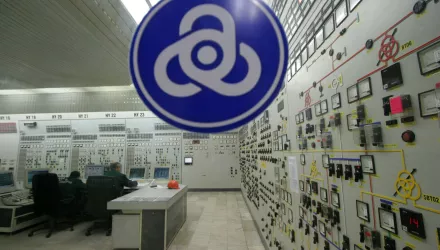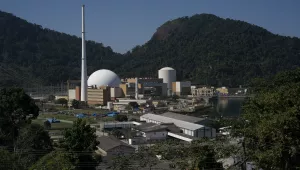The Power of Promise: Examining the Feasibility of A Rapid Expansion of Nuclear Energy in India
In his book, The Power of Promise, Dr. M.V. Ramana makes a historically nuanced and compelling argument as to why the nuclear energy program in India has failed in the past and why its future is dubious. Dr. Ramana will discuss this book in this joint South Asia Institute/Project on Managing the Atom Seminar.



